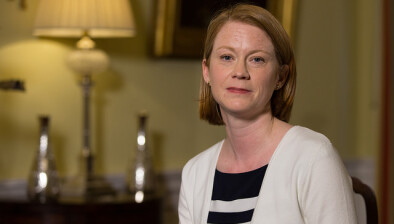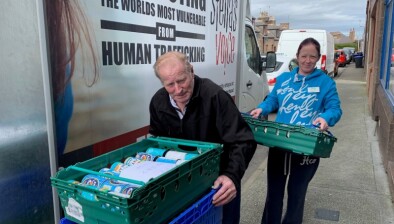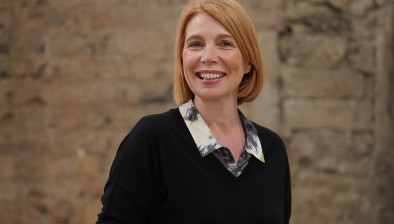Scott Moncrieff: Charities cash reserves have plunged

Scott Craig, partner, Scott Moncrieff
A new survey of nearly 200 UK charities conducted by accountancy firm Scott Moncrieff has revealed that 55% have suffered a significant drop in their cash reserves, whilst nearly 60% have less than 6 months cash in reserve to cover normal operating expenditure.
The survey also found that just 30% have less than three months of cash reserves.
Reserves are a key to the resilience of a charity and its ability to withstand short term financial shocks. There are no specific rules, but general guidance suggests reserves should amount to between three to nine months.
The survey was undertaken during a webinar hosted by Scott Moncrieff and attended by senior executives and finance management from across a wide range of UK charities.
The problem of a dramatic fall in reserves adds further pressure to the financial problems already facing charities as a result of the coronavirus pandemic.
The UK government recently extended over £1 billion of funding support to the sector, however for those charities that survive into a post-COVID world, long term structural financial problems in the tax and VAT system will continue to plague the sector.
Scott Craig, partner with Scott Moncrieff and a leading UK expert on VAT in the charity sector, said: “We are very concerned at the financial pressures now affecting a great many charities. Charities are facing the triple whammy of falling reserves and income and the pressures of a tax relief and VAT system that is draining them of resources and compounding their financial problems.
“Despite successive governments promising to streamline, simplify and consolidate the tax system, there are currently over 1100 different reliefs. There are about 210,000 charities in the UK, of which around 13% are in Scotland.
“The second half of the year may prove difficult for many charities and we would encourage any charity worried about its financial position to reach out for help sooner rather than later so that they can then develop a survival and recovery strategy.”
- Read all of our articles relating to COVID-19 here.







